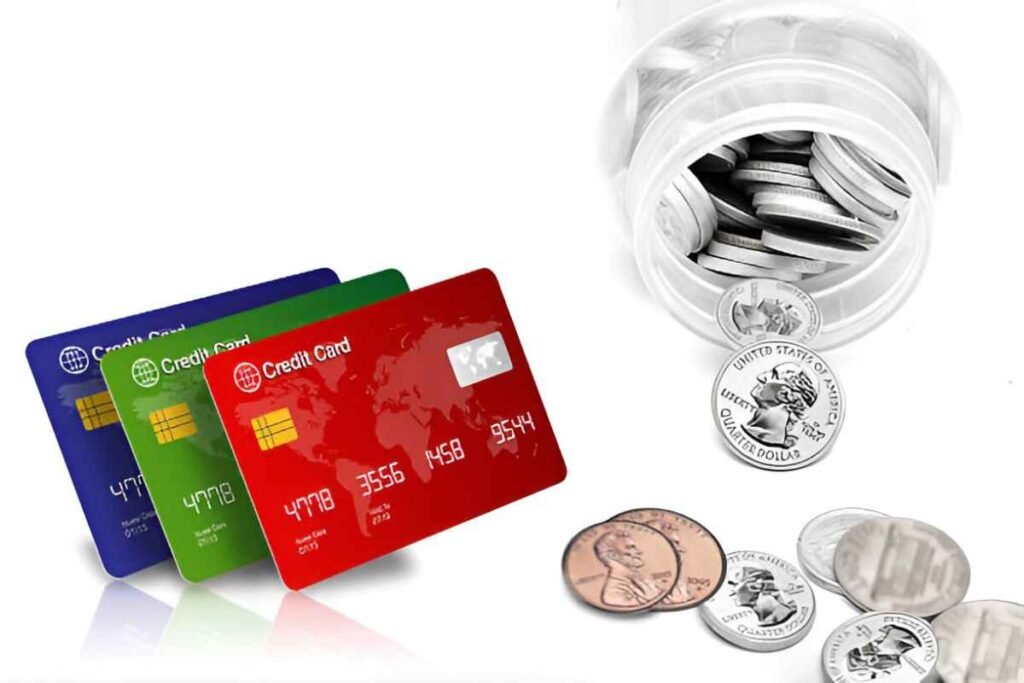As I delve into the world of credit cards, one that has recently piqued my interest is the Apex Credit Card. In this article, I will break down its features, benefits, drawbacks, and how it compares to other cards available in the market. I’ve seen many people wonder if the Apex Credit Card is worth it, and I’ll give you my honest analysis based on a deeper look at all its aspects. If you’re considering applying for one, this guide will provide the clarity you need.
Table of Contents
What is the Apex Credit Card?
The Apex Credit Card is a premium credit card designed to offer a variety of perks and rewards. It promises a high level of benefits, including travel rewards, cash back, and access to exclusive services. It comes with various features, but like any financial product, it has both advantages and limitations. My goal in this article is to give you an honest, well-rounded view of the Apex Credit Card so you can decide if it fits your financial needs.
Key Features of the Apex Credit Card
When I look at the Apex Credit Card, there are several standout features that catch my attention. Here’s a breakdown of some of the most important ones:
- Reward Points System The Apex Credit Card offers a points-based rewards system. For every dollar spent, you earn a certain number of points. These points can be redeemed for travel, shopping, or even cash back. The rate at which you accumulate points can vary depending on the category of spending.
- Sign-Up Bonus If you’re new to the Apex Credit Card, you may be eligible for a sign-up bonus. This bonus is often awarded after meeting a certain spending threshold within the first few months of owning the card.
- Annual Fee Like many premium credit cards, the Apex Credit Card comes with an annual fee. While this fee may seem high at first glance, it is often offset by the value of the rewards and benefits you receive throughout the year.
- Interest Rates The Apex Credit Card offers a competitive interest rate, although, like all credit cards, carrying a balance can result in high-interest charges. It’s essential to make sure you pay your balance in full to avoid these charges.
- Additional Benefits Beyond the basic rewards, the Apex Credit Card may also offer extra benefits such as access to airport lounges, travel insurance, purchase protection, and extended warranties.
Comparison of the Apex Credit Card with Other Popular Cards
To truly understand the value of the Apex Credit Card, it’s crucial to compare it to similar cards. Below, I’ve created a comparison table that outlines some of the key differences between the Apex Credit Card and a couple of well-known competitors.
| Feature | Apex Credit Card | Competitor 1 (Premium Card) | Competitor 2 (Cashback Card) |
|---|---|---|---|
| Annual Fee | $550 | $495 | $150 |
| Sign-Up Bonus | 60,000 points | 50,000 points | $200 cash back |
| Reward Rate (General) | 1 point per $1 | 1.5 points per $1 | 2% cash back |
| Travel Benefits | Free lounge access, trip insurance | No lounge access, basic trip insurance | None |
| Cashback Options | Travel, shopping | Travel, shopping | Direct cash back |
| APR (Standard) | 18% | 17% | 20% |
From the table, you can see that the Apex Credit Card offers a higher annual fee but also comes with significant rewards in terms of travel perks and a generous sign-up bonus. Competitor 2, for example, may be more appealing if you’re primarily looking for straightforward cash back and want to avoid a high annual fee.
How the Apex Credit Card Works: A Breakdown
The Apex Credit Card works much like any other credit card, but the rewards structure is what sets it apart. Let me walk you through how it functions.
- Earning Points When you make purchases, you earn points based on the amount you spend. These points accumulate and can be redeemed for a wide variety of rewards. For instance, if you buy a plane ticket, you might earn extra points on that purchase.
- Redeeming Points The points you earn can be redeemed through the credit card issuer’s portal. You may choose to redeem them for flight bookings, hotel stays, or even cash back. The rate at which points translate into rewards may vary, so it’s important to check the redemption values before you decide to redeem them.
- Handling the Annual Fee As mentioned, the Apex Credit Card does have an annual fee, but I believe it’s important to note that if you use the card for travel or frequent purchases, you can offset the fee by earning rewards that exceed its cost.
The Impact of Interest Rates and Fees
Understanding the impact of interest rates is crucial when using any credit card, and the Apex Credit Card is no exception. Here’s an example to help illustrate how interest can accumulate if you don’t pay off your balance on time.
Let’s say you have a balance of $3,000 on the card, and the APR is 18%. If you don’t pay it off within the billing cycle, you will be charged interest. Here’s how much you would owe in interest after one month:
- Balance: $3,000
- APR: 18%
- \text{Monthly Interest} = \frac{18\%}{12} = 1.5\%
- Interest on Balance: $3,000 x 1.5% = $45
So, if you carry a balance of $3,000 for a month, you’ll incur $45 in interest charges. This can quickly add up if you don’t pay off the balance promptly.
Real-World Example of Points Redemption
Let’s say you’ve accumulated 60,000 points from your Apex Credit Card. You decide to redeem them for a flight. Here’s how the redemption process might break down:
- 60,000 points might equal $600 in travel credits.
- The cost of your flight is $550.
- You use your points to cover the full cost of the flight, leaving you with $50 in travel credits for your next trip.
In this case, you’ve essentially paid for the flight with the points you earned, which can be a great value, especially if you travel frequently.
Is the Apex Credit Card Right for You?
The decision to apply for an Apex Credit Card depends on a few factors. For those who travel regularly and spend enough to take advantage of the card’s rewards, the Apex Credit Card could be a great choice. However, if you don’t travel often or prefer straightforward cashback without paying a hefty annual fee, there might be other cards that suit your needs better.
One of the things I like about the Apex Credit Card is its versatility. It offers a range of rewards and benefits that can appeal to different types of consumers. That said, it’s important to weigh the cost of the annual fee against the benefits you’ll actually use.
Pros and Cons of the Apex Credit Card
As with any credit card, the Apex Credit Card has its pros and cons. Here’s a breakdown based on my analysis.
Pros:
- Generous sign-up bonus
- Access to travel perks such as airport lounge access
- Reward points system with flexible redemption options
- Comprehensive travel insurance and purchase protection
Cons:
- High annual fee
- APR can be steep if you carry a balance
- Requires a higher spending threshold to fully maximize benefits
Conclusion
The Apex Credit Card is a strong contender in the premium credit card market. It offers a range of features that can provide significant value to the right consumer. However, as with any financial product, it’s important to do your research and understand both the rewards and costs involved. If you travel frequently and can take advantage of its benefits, the Apex Credit Card might be worth considering. For others, there may be better options available, depending on your financial habits and goals.





